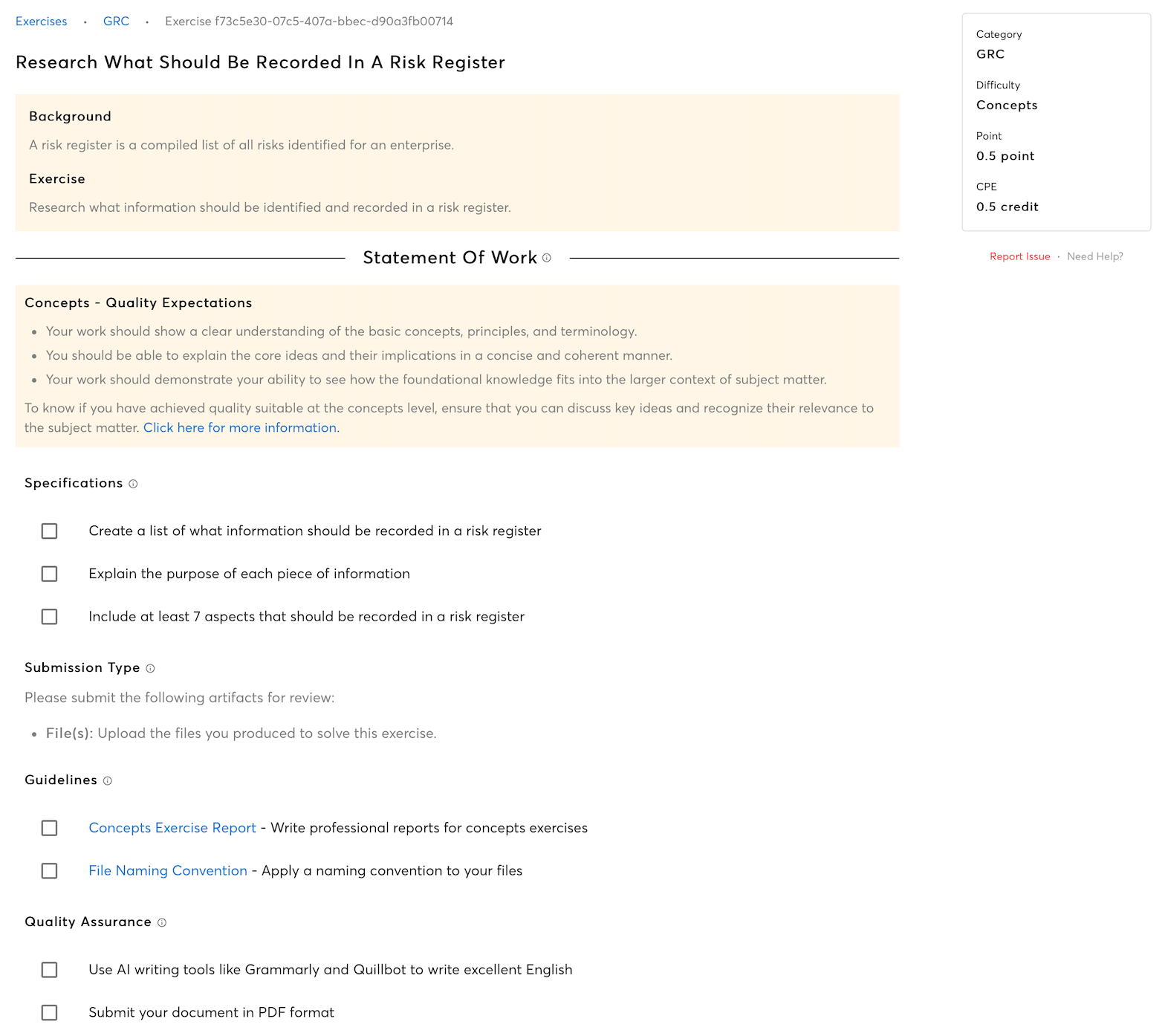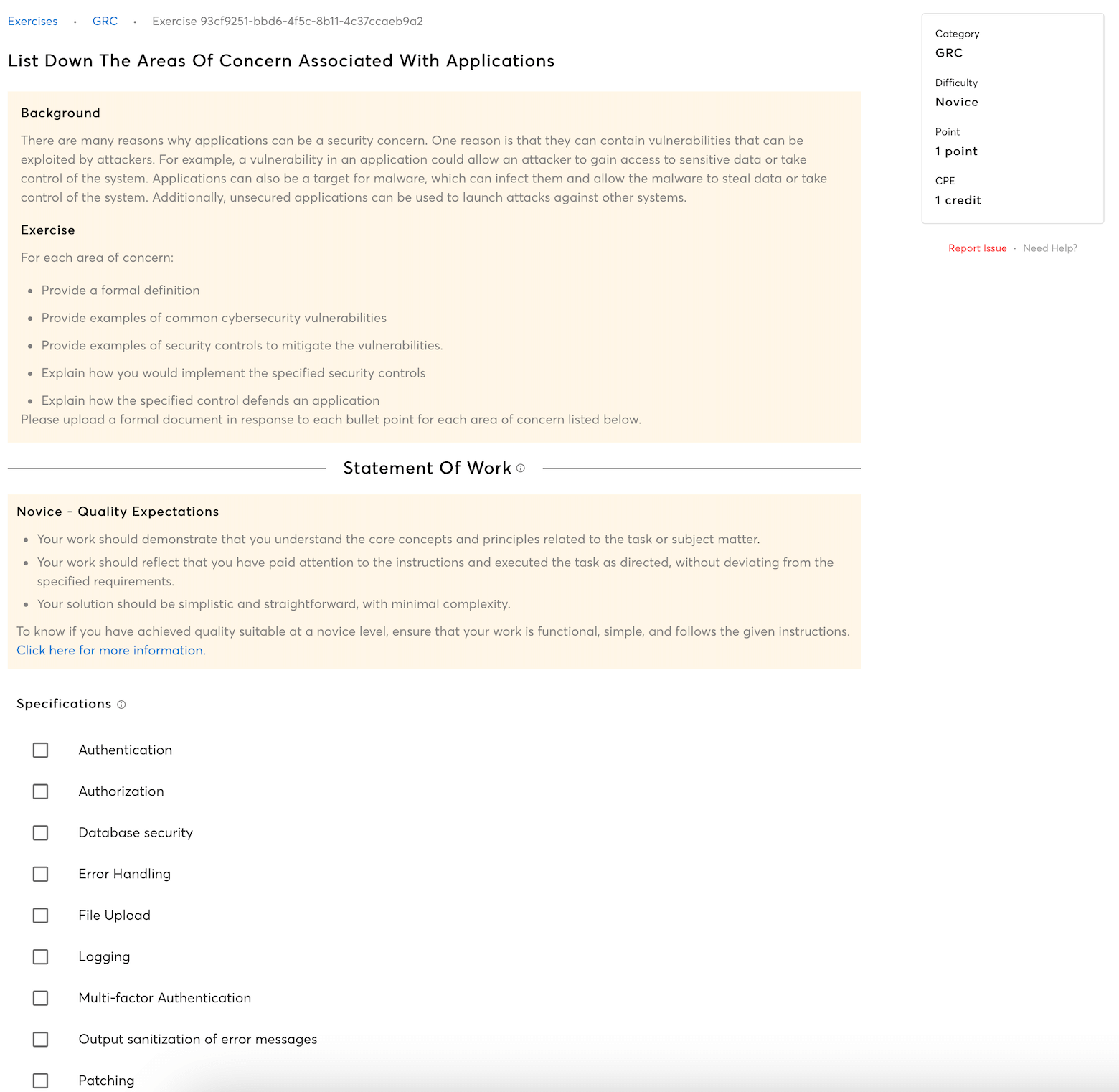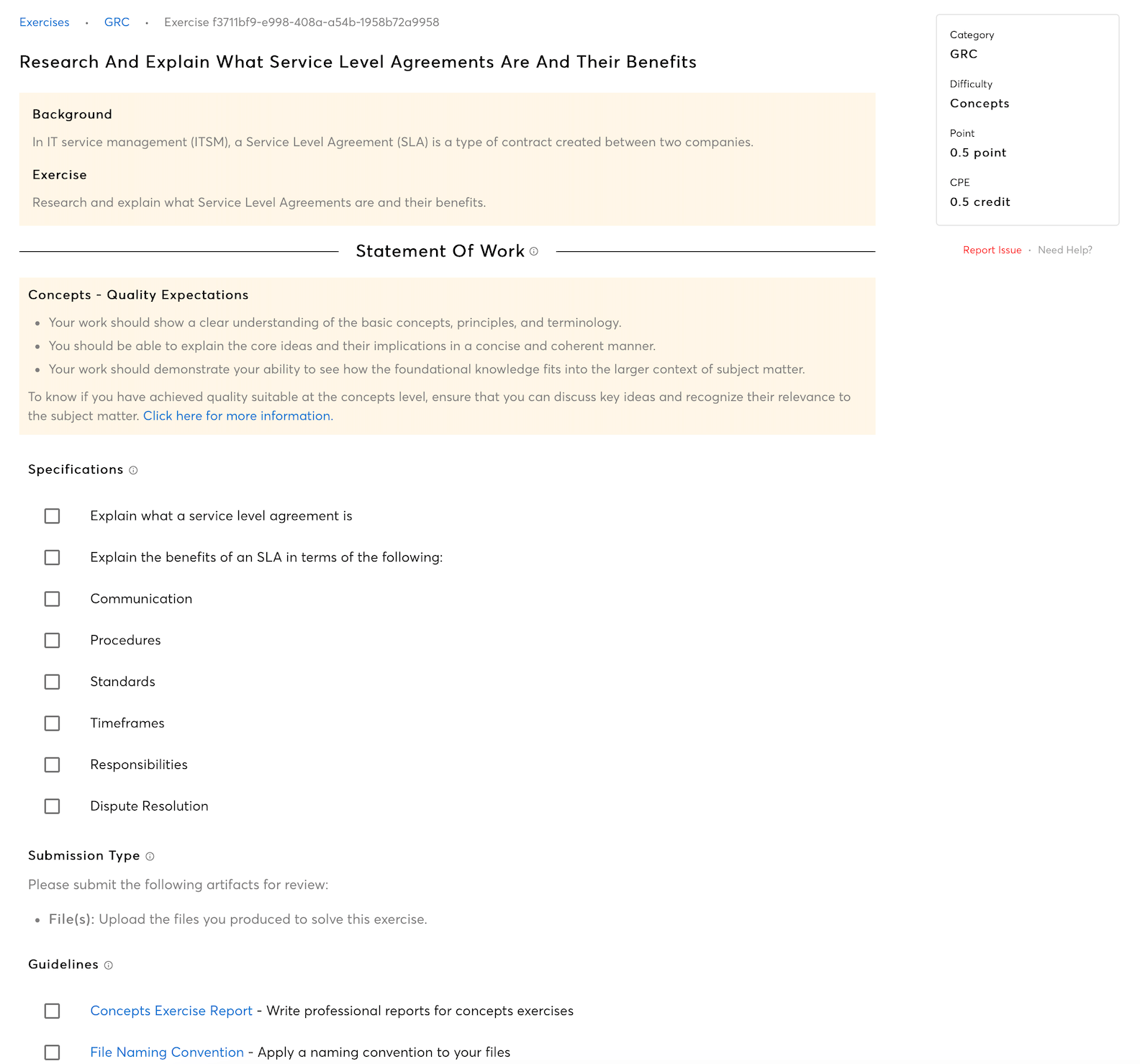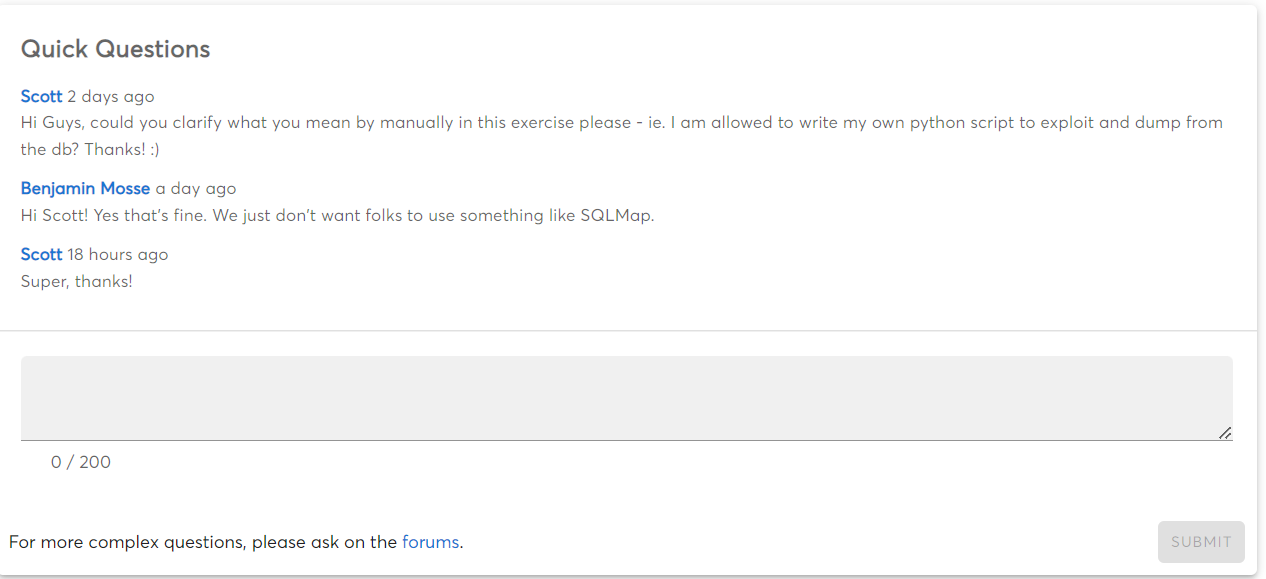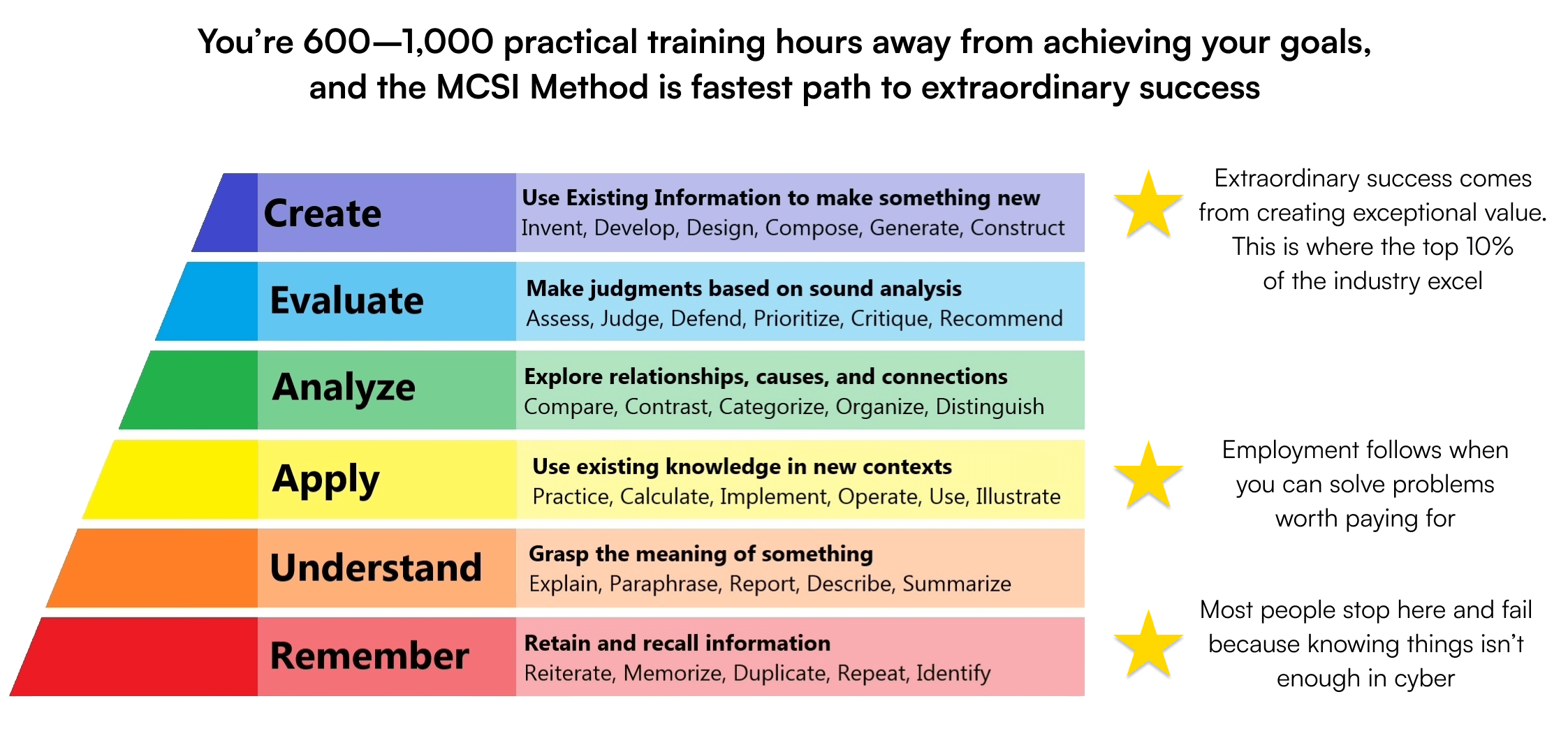Course Overview
Introduction to Governance, Risk, and Compliance (GRC)
Governance, Risk, and Compliance (GRC) is a framework that integrates processes and technologies to manage and mitigate risks, ensure regulatory compliance, and align business objectives with strategic goals. It encompasses various aspects of organizational governance, including policies, procedures, and controls, to ensure transparency, accountability, and ethical conduct.
This bootcamp provides a comprehensive introduction to the fundamentals of GRC, equipping you with the knowledge and skills needed to navigate the complexities of regulatory environments, assess risks, and implement effective compliance measures. Whether you're a newcomer to the field or seeking to enhance your understanding of GRC principles, this bootcamp offers a practical and hands-on approach to mastering essential concepts.
Understanding Governance Principles
Governance principles lay the foundation for effective organizational management and decision-making. In this module, you'll delve into key governance concepts, including board oversight, risk management, and stakeholder accountability. Through interactive discussions and case studies, you'll gain insights into best practices for establishing robust governance frameworks tailored to organizational needs.
Exploring Risk Management Strategies
Risk management is essential for identifying, assessing, and mitigating potential threats to organizational objectives. In this module, you'll explore various risk management strategies and methodologies, including risk assessment techniques, risk appetite determination, and risk treatment plans. Through practical exercises, you'll learn how to develop customized risk management processes to safeguard against internal and external risks.
Navigating Regulatory Compliance Requirements
Regulatory compliance is critical for ensuring adherence to legal and industry-specific requirements. In this module, you'll navigate the complex landscape of regulatory compliance, exploring key regulations and standards relevant to different industries. From GDPR and HIPAA to SOX and PCI DSS, you'll learn how to interpret and apply regulatory requirements to mitigate compliance risks and avoid potential penalties.
Implementing Effective Compliance Programs
Effective compliance programs are essential for promoting ethical conduct, preventing misconduct, and fostering a culture of integrity within organizations. In this module, you'll discover strategies for designing, implementing, and evaluating compliance programs tailored to organizational needs. From policy development and training initiatives to monitoring and enforcement mechanisms, you'll learn how to build robust compliance frameworks that support business objectives and mitigate regulatory risks.
Leveraging Technology for GRC
Technology plays a crucial role in streamlining GRC processes and enhancing organizational resilience. In this module, you'll explore the role of technology in GRC, from risk assessment tools and compliance management systems to audit automation and reporting solutions. You'll learn how to leverage technology effectively to optimize GRC workflows, improve data visibility, and enhance decision-making capabilities across the organization.
Training Modules
This course provides you with multiple training modules, each of which is designed to teach you practical skills that can help you solve important cyber problems. Each module offers exercises that will help you build your skills and capabilities.
-
GRC-01:
Professional Document Templates
- 9 exercises
-
GRC-02:
IT Risk Identification 101
- 13 exercises
-
GRC-03:
IT Risk Identification 102
- 6 exercises
-
GRC-04:
IT Security Controls 101
- 7 exercises
-
GRC-05:
IT Security Auditing 101
- 8 exercises
-
GRC-06:
IT Security Auditing 102
- 10 exercises
-
GRC-07:
Incident Detection and Response 101
- 6 exercises
-
GRC-08:
Incident Detection and Response 102
- 5 exercises
-
GRC-09:
Information Security Policies
- 6 exercises
-
GRC-10:
Information Security Standards
- 3 exercises
Certificate of Completion
You will receive a Certificate of Completion when you complete this course.
A Certificate of Completion can be very beneficial, especially when job hunting. It proves that you have completed a course and can be a great way to stand out among other candidates. Even if you do not have much experience, it shows that you are willing to learn and have the basic skills required for the job. In addition, some employers may require a Certificate of Completion for certain positions. Therefore, adding it to your portfolio is always an excellent choice.
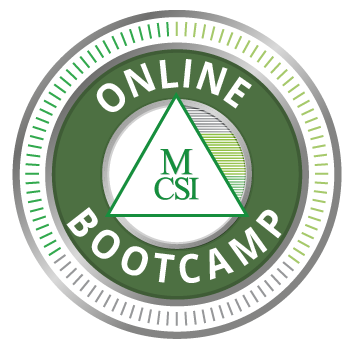
 Beginner
Beginner


